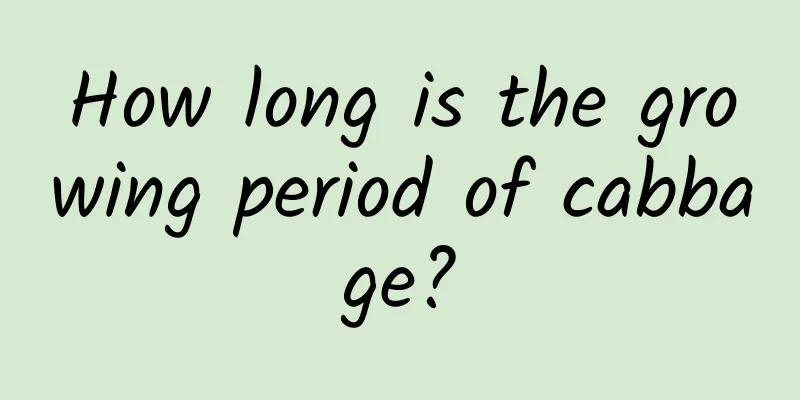Tips for Ginkgo Bonsai

Planting time and soil for ginkgo bonsaiWhen making ginkgo bonsai, you need to choose the right time. It is generally better to plant it in spring and autumn. When making ginkgo bonsai, you need to choose a deeper flowerpot because ginkgo itself is a deep-rooted plant. When planting, the soil is generally loose and fertile soil rich in humus and with good drainage. Placement of ginkgo bonsaiWhen placing ginkgo bonsai, because ginkgo is a plant that likes light, it needs to be placed in a place with sufficient light, and it is best to place it in a place with good air circulation and a relatively humid environment. However, you must pay attention to proper shading in the summer, and you can overwinter outdoors in the winter, but you must pay attention to keeping warm. Water and fertilizer management for ginkgo bonsaiWhen growing ginkgo bonsai, the soil in the pot needs to be kept moist. It should not be too dry, but there should be no accumulation of water either. In summer, because the temperature is high and evaporation is more vigorous, more watering is needed, once in the morning and evening every day. When autumn comes, watering should be reduced. As for fertilization, it is mainly to apply base fertilizer in winter. During the vigorous growth period in spring and summer, topdressing should be carried out in time. Generally, a thin layer of fertilizer water is enough, which can promote the growth of branches and leaves. Pruning of ginkgo bonsaiGinkgo bonsai requires pruning to maintain a good shape. In spring, ginkgo begins to sprout, and you can prune it at this time. The branches should be kept relatively sparse. If the bonsai is relatively small, just keep 3 to 5 branches. In order to shape the tree, the branches can be tied or pruned to achieve a certain ornamental effect. Ginkgo bonsai should be repotted in due timeGinkgo trees are usually repotted every two years, during the spring equinox. The root system of ginkgo is relatively developed, so when repotting, you can trim the roots appropriately, remove some of the soil, and then repot it. |
<<: Plants with clusters of flowers
Recommend
The breeding methods and precautions of red color pavilion
1. Lighting No matter what kind of plants they ar...
Can the Jadeite be hydroponically cultivated? Is hydroponics or soil cultivation better?
Can Jasper be hydroponically cultivated? The Jade...
How to manage strawberries in winter?
The temperature is low in winter, which is a big ...
How to water the cardinal flower
Watering tips for Cardinal Tetra When caring for ...
What kind of fertilizer is good for alfalfa base fertilizer (base fertilizer application method)
Alfalfa base fertilizer effect A large number of ...
How many years does it take for dragon fruit to bear fruit?
Introduction to Pitaya Planting Pitaya is a tropi...
How to grow Kirin succulent plants and what to pay attention to
Growth habits of Kirin succulent The Kirin succul...
The difference between Andrographis paniculata and Panax notoginseng
1. Basic characteristics 1. Andrographis panicula...
How to breed micro-moon
Micro-Moon Growth Conditions The soil suitable fo...
How to grow Schefflera in autumn
1. Maintenance methods 1. Light: Although you can...
How to grow red powder
Farming methods Pot soil Peat can be mixed with c...
If you know flowers, choose these “4 kinds” during the Spring Festival. Flower buds will appear in every pot and your home will become a garden!
1. Cyclamen Cyclamen is a common New Year flower....
Why does eggplant bloom but not bear fruit?
Eggplant is popular for its unique flavor and hig...
How many times can pumpkins be planted in a year?
Pumpkin is a climbing herb of the Cucurbitaceae f...
Can maple trees be planted in Guangxi?
Can maple trees be planted in Guangxi? Maple tree...









